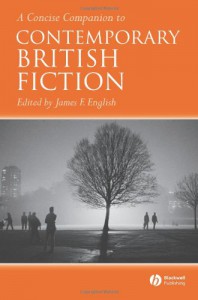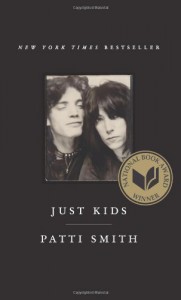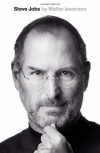
Loads of people recommended the Shadow of the Wind to me, but when my former housemate Mariola bought it for me in England, I didn't read it immediately. School reading dominated my life at the moment and I really wanted to take some time to immerse myself in this novel's Barcelona. I felt like that was the best way to read it, like I owed that to the book somehow.
It is the first book I finished this summer as a real leisurely read. Engaging in the mystery and the excitement of the plot was great. It was scarier than I thought it would be! I'm terrible with scary stuff, I have too much imagination. However, the storyline revolved around more than its suspense. The characters were so lively and well-executed. I thought Daniel's father could have received more attention, but that said, Fermín, Carax, Nuria, Miquel, Jacinta.. all of these people were characters I came to appreciate immensely. I think I'll read this book again some day.
One minor thing for me is that I suspect the book is an even better read in Spanish. Sometimes it felt too coincidental that EVERYONE would start spilling a complete life story after being coaxed with flattery or money. That might be something more characteristic to Spanish culture than to English/Dutch culture, and so I think it would have made more sense in Spanish? I felt the same about the cursing. ^^
All in all, I'd really love to visit Barcelona again now. There's a walking tour in the back of the novel and my boyfriend and I have yet to decide where our holiday is going to take us.. so who knows? It might be destiny.



















